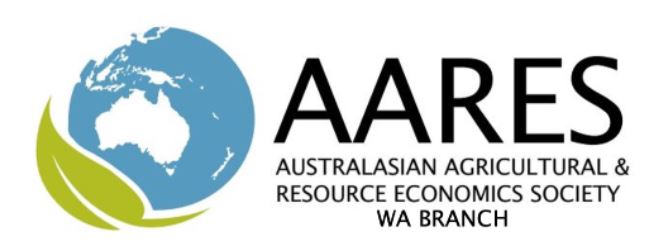Upcoming Webinar: Could soil carbon sequestration ever be a worthwhile climate policy?
- tamaraharold
- May 1, 2022
- 2 min read
Please join us for an online webinar delivered by CAED member, Professor David Pannell.
Abstract
Paying farmers to sequester carbon in agricultural soils is widely seen as a useful policy response to combat climate change. However, the approach has some serious challenges. If the policy accounts well for the technical complexities of soil-carbon sequestration, the revenues received by farmers will be small and will make little difference to their farming decisions. There is a high risk of paying farmers for doing things that they would have done anyway, despite existing policy measures intended to avoid this. Even if the current high cost of measuring soil carbon can be substantially reduced, this will not be sufficient to overcome the other technical and economic challenges. Could a policy based on paying farmers to sequester carbon ever be worthwhile in Australia? Probably not. What, then, are the alternatives?
Event Details
Event Series: The Environmental Policy Lecture
Webinar title: Could soil carbon sequestration ever be a worthwhile climate policy?
Presenter: Professor David Pannell
Date: Friday, May 20
Time: 11:00 AM (AWST/Perth time)
Cost: Free
Registration: click here to register
About the Speaker
David Pannell is Professor in the Department of Agricultural and Resource Economics at the University of Western Australia, Co-Director of the UWA Centre for Environmental Economics and Policy, a Fellow of the Academy of Social Sciences in Australia and was an ARC Federation Fellow (2007-2012). He is a director of Natural Decisions Pty Ltd.
About the Lecture Series
The Environmental Policy Lecture is an initiative of the Western Australian Branch of the Australasian Agricultural and Resource Economics Society (AARES WA), The University of Western Australia Centre for Environmental Economics and Policy (CEEP), and Centre of Agricultural Economics and Development (CAED).
Each year, we will invite a leading national and international speaker to discuss important environmental or natural resource issues. The series will also provide the opportunity for students, academics, policy and industry professionals, and members of the public to engage in these topical discussions.
For more information, contact AARES WA Branch President, Curtis Collins at curtis.rollins@research.uwa.edu.au




Comments